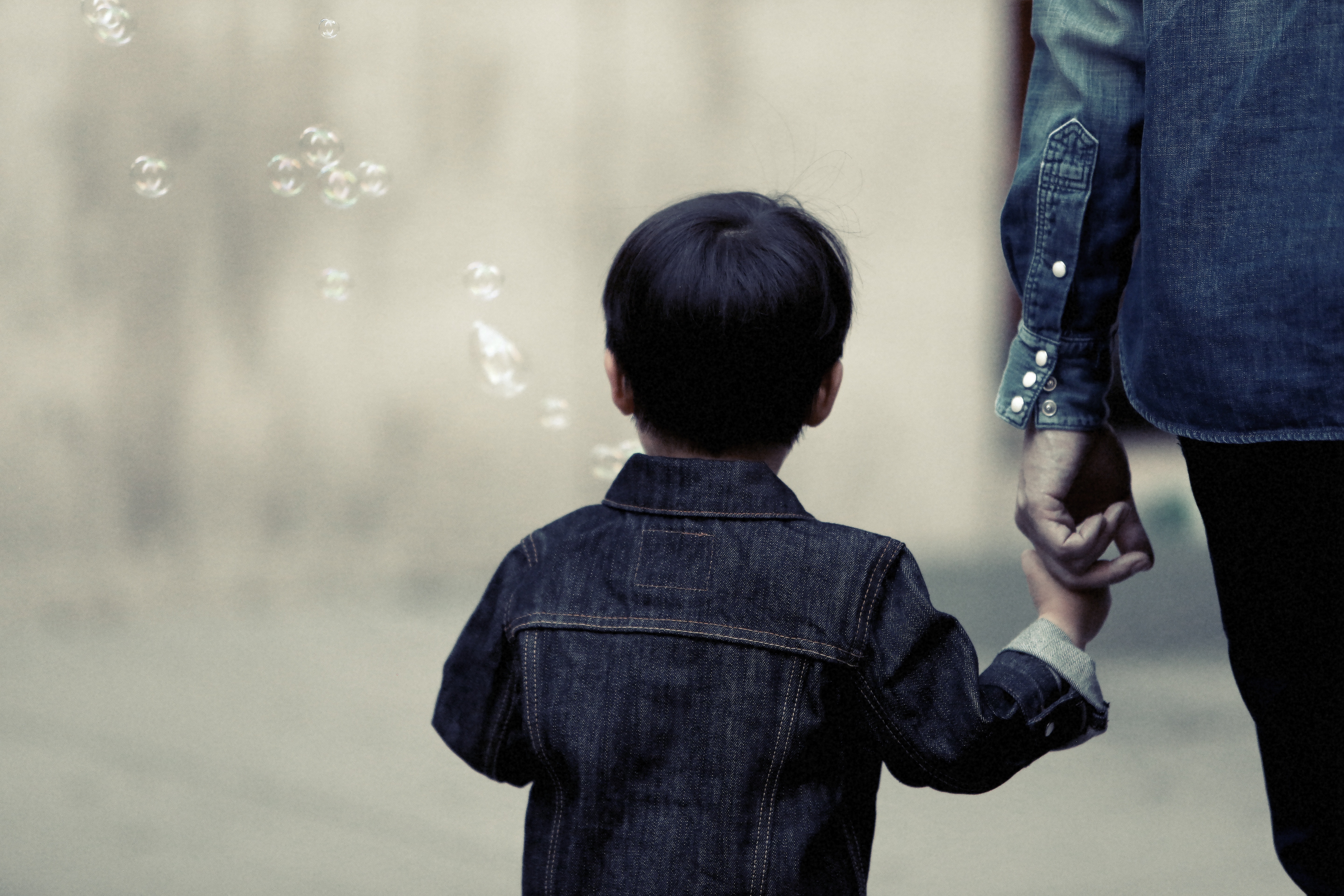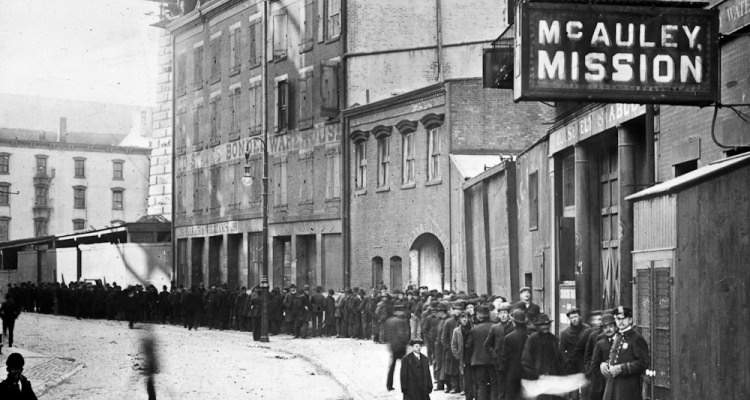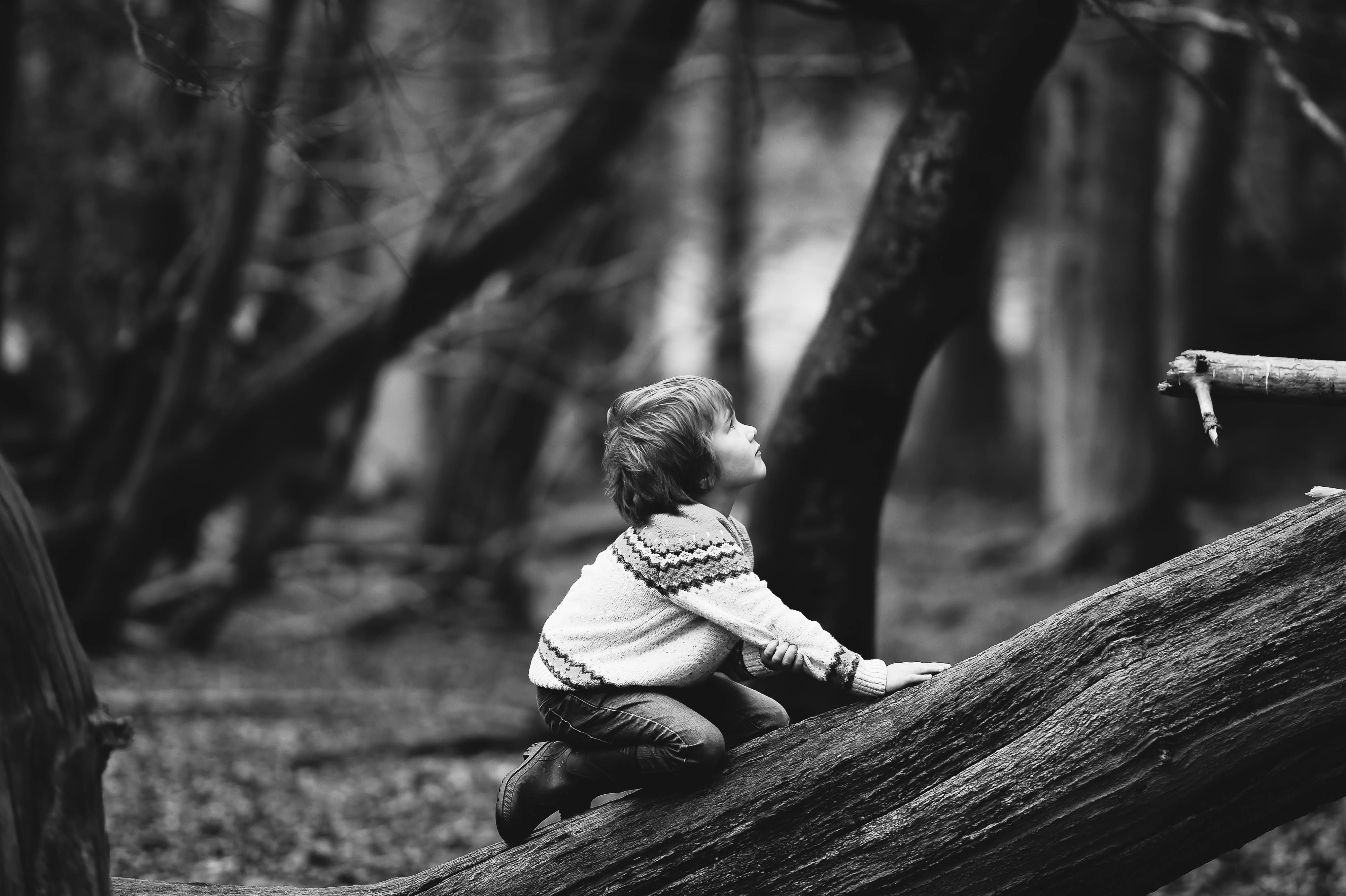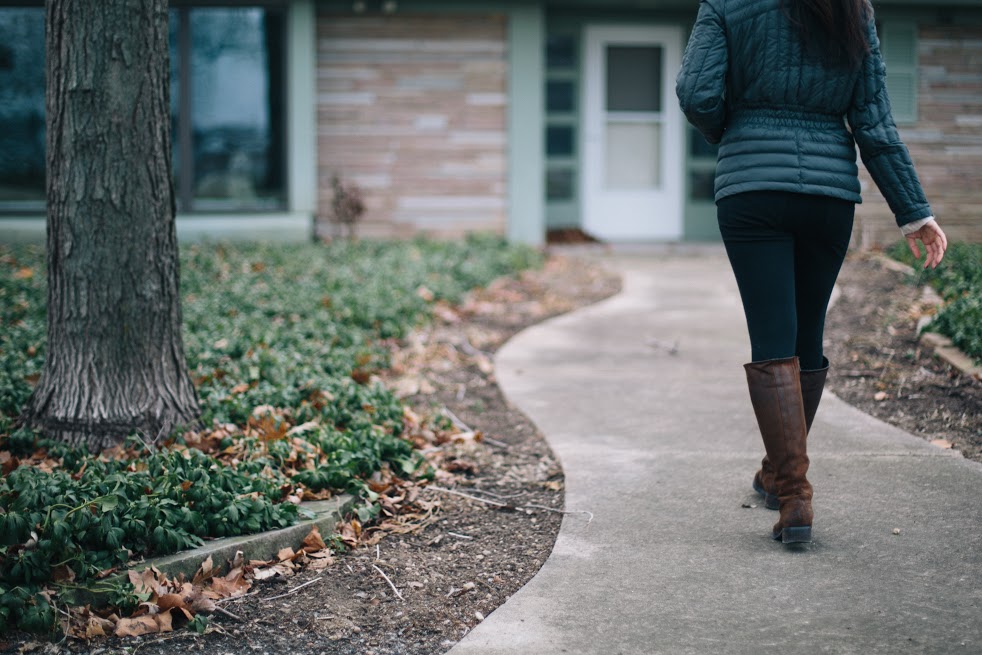Parenting: Progress, Not Perfection
[fa icon="calendar'] Sep 22, 2016 9:00:00 AM / by Chris Nehotte posted in Alcoholics Anonymous, alcoholism, Drug Rehab, Drugs Adiction, Chemical Dependency
Jerry McAuley, A Hero of Recovery
[fa icon="calendar'] Aug 31, 2016 11:27:20 AM / by John MacDougall posted in Alcoholics Anonymous, alcoholism, Recovery, Drug Rehab, Drugs Adiction
I’m Over Here Loving You if You Need Me
[fa icon="calendar'] Jul 19, 2016 1:00:00 PM / by Sherry Gaugler-Stewart posted in family recovery, alcoholism, Recovery, Family Sober Support, Chemical Dependency
“Detachment is not a wall; it is a bridge.”
–Courage to Change p. 22
Detachment. It’s often viewed as an ugly word, at least at first, by family members who love someone who struggles with alcoholism or addiction. Many of us come with pre-conceived notions about what detachment means. Most of us decide, without delving any further into the concept, that it means abandonment. And, we know that we’re not willing to abandon someone we love, especially when they are struggling, so therefore we won’t be detaching from them – thank you very much!
Have You A Substitute?
[fa icon="calendar'] May 25, 2016 9:30:00 AM / by John MacDougall posted in Alcoholics Anonymous, alcoholism, AA Big Book, Drugs Adiction, Chemical Dependency
In the spring of 1989, I finally figured out that I was an alcoholic. I had taught Addiction Studies in a Graduate School for four years without ever figuring out that I was an alcoholic. I even told the old joke that an alcoholic is someone who drinks more than his doctor, not realizing that I thought that an alcoholic was someone who drinks more than an associate professor. It was only years later, when I decided to go to Hazelden as a student in their chemical dependency counselor program that I read the textbook, the DSM-III-R, and applied it to myself that I figured it out. I carefully detoxed myself over a six week period and joined the fellowship of Alcoholics Anonymous. I did so with a sense of grim resignation.
The Readiness is All
[fa icon="calendar'] May 11, 2016 10:00:00 AM / by Dick Rice posted in Alcoholics Anonymous, alcoholism, 12 steps of aa, Drugs Adiction, Chemical Dependency
I have been amazed at how many of us come forth from a good 5th step and immediately say, “I sure have a lot to work on.” We climb to the sixth step and realize that we have nothing to work on, unless our Higher Power indicates such to us. The 6th step is counter-intuitive. I am eager to get working on my defects but my Higher Power is telling me to hold my horses until He gives the command, pointing out which shortcoming He wants to lengthen and what he wants from me.
The Family Mascot: “If I make people laugh, there is no pain.”
[fa icon="calendar'] Apr 20, 2016 9:00:00 AM / by Mark Korman posted in family recovery, alcoholism, Family Sober Support, Drugs Adiction, Chemical Dependency
On April 29th, Claudia Black, Ph.D. and national expert on the family disease of addiction, will be presenting a workshop sponsored by The Retreat titled “Transforming Families: From Script to Choice.” This workshop will explore different ways families respond to addiction and alcoholism, including the scripts children adopt in reaction to this situation. This month’s blog post briefly describes one of these adopted roles, the “Mascot.”
Mascots are often identified as the “family clown.” They have adapted a knack to distract from the tension that is often created where addiction is present, and, hence, relieve some stress and pain for themselves and others in the family. These children have learned to avoid hard feelings, whether consciously or unconsciously, through attention seeking, humor, or acting out. The Mascot’s goal is to distract from the difficulties families dealing with addiction often face.
Due to the amount of time they spend acting, these children can lose touch with their authentic self, and can carry this role of actor into their adult years. Some adult Mascots find themselves unable to face challenging situations. They avoid conflict because their coping skill didn’t allow for learning how to take important matters seriously. As a result, Mascots are susceptible to acting inappropriately, crossing boundaries, and missing important social maturity markers.
Mascots also risk the potential of measuring self-worth by how others see them. They long to be liked, and become confused when they are not the center of attention. They may feel uneasy in the absence of drama and may create a diversion in order to feel normal. Mascots are prone to struggle with intimacy issues because they’ve learned to protect themselves from their feelings.
However, Mascots have also developed the gift of being adaptable and flexible in dealing with whatever life throws their way.
There is hope. Join us at our workshop on Friday, April 29th, when Claudia Black will share insights on how to change the Mascot’s role, and all of the roles that have been mentioned in this blog in the last few months. We hope to see you there! Here’s a link for more information, or to register for this exciting, Claudia Black, Ph.D. and national expert on the family disease of addiction opportunity, follow this link!
April is Alcohol Awareness Month!
[fa icon="calendar'] Apr 12, 2016 12:29:16 PM / by Staff Blog posted in Alcoholics Anonymous, alcoholism, Recovery, alcohol abuse, Alcohol & Health
The National Council of Alcohol and Drug Dependence founded Alcohol Awareness Month in 1987 in an effort to reduce the stigma widely associated with alcoholism by spreading information about alcohol, alcoholism, and recovery. Each year, numerous groups around the country work to break down barriers to treatment and recovery to make the option of seeking help more readily available to those who suffer from this disease.
A Tale of Two Vacations
[fa icon="calendar'] Mar 23, 2016 9:29:34 AM / by John MacDougall posted in Alcoholics Anonymous, alcoholism, 12 steps of aa, Family Sober Support, Recovery Program
Sobriety makes everything different, but it takes more than just the passage of sober days to bring about change. The idea behind my book, “Being Sober and Becoming Happy” is that first we take the Twelve Steps of Alcoholics Anonymous to get our drinking to stop. Then, if we keep taking those same Twelve Steps, in sobriety, and apply them to everything we do, we end up happy. I’ve had enough time to try this theory out, and to measure the results.
Acceptance is the Key to All My Problems Today
[fa icon="calendar'] Feb 24, 2016 9:32:10 AM / by John MacDougall posted in Alcoholics Anonymous, alcoholism, Recovery, 12 steps of aa, 12 Traditions Of AA
When I was drinking I was always angry about something. I just got off the phone with the new car dealer. I dropped off my new car to have a plastic sealer applied to it, because there wasn’t time to do it on Saturday when I bought it. The service manager called to say there was a tiny dent in the bottom of the door, which needed a paint touching up. He said I must have hit something with the door. I don’t think I did. I think the dent must have been there when I got the car and I just didn’t see it when I looked it over.
The Adjuster, or “Lost Child” – Relief through Quiet Resignation
[fa icon="calendar'] Feb 18, 2016 10:00:00 AM / by Mark Korman posted in family recovery, alcoholism, Family Sober Support, Chemical Dependency
When addiction is present in the home, and the subsequent instability and inconsistency in relationships that accompanies it, the reactions that different children have is varied, yet predictable. Claudia Black, Ph.D. and national expert on the Family Disease of Addiction, identifies one of these childhood roles as “The Adjuster.”













